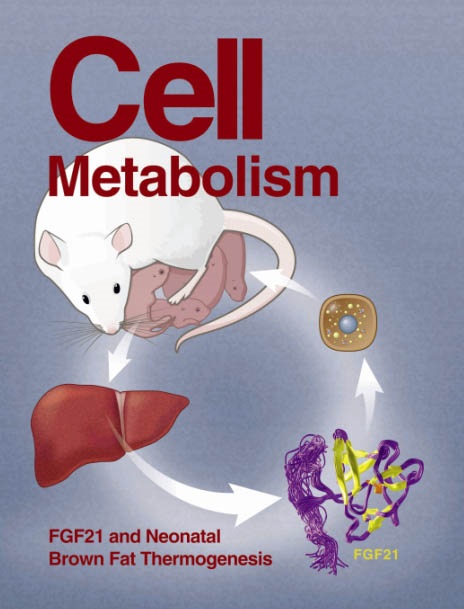Hydrogen peroxide in midbrain sleep neurons regulates sleep homeostasis
IF 30.9
1区 生物学
Q1 CELL BIOLOGY
引用次数: 0
Abstract
Sleep could protect animals from oxidative damage, yet the dynamic interplay between the redox state and sleep homeostasis remains unclear. Here, we show that acute sleep deprivation (SD) in mice caused a general increase in brain oxidation, particularly in sleep-promoting regions. In vivo imaging of intracellular hydrogen peroxide (H2O2) real-time dynamics revealed that in nigra sleep neurons, the increase in cytosolic but not mitochondrial H2O2 reflects sleep debt and tracks spontaneous wakefulness by positively correlating with wake duration. By controllably manipulating intraneuronal H2O2, we discovered that H2O2 elevation is required for compensatory sleep and causally promotes sleep initiation, at least partly dependent on transient receptor potential melastatin 2 (TRPM2) channel. However, excessive H2O2 induced brain inflammation and sleep fragmentation. Together, our study demonstrates intraneuronal H2O2 as a crucial signaling molecule that translates brain redox imbalance into sleep drive and underscores the significance of oxidative eustress in sleep homeostasis.

中脑睡眠神经元中的过氧化氢调节睡眠稳态
睡眠可以保护动物免受氧化损伤,但氧化还原状态和睡眠稳态之间的动态相互作用尚不清楚。在这里,我们发现小鼠的急性睡眠剥夺(SD)会导致大脑氧化的普遍增加,特别是在促进睡眠的区域。细胞内过氧化氢(H2O2)实时动态的体内成像显示,在黑质睡眠神经元中,细胞质(而非线粒体)H2O2的增加反映了睡眠债务,并通过与清醒持续时间正相关的方式跟踪自发觉醒。通过控制神经元内H2O2,我们发现H2O2的升高是代偿性睡眠所必需的,并且可以促进睡眠的开始,至少部分依赖于瞬时受体电位美拉他汀2 (TRPM2)通道。然而,过量的H2O2会引起脑炎症和睡眠碎片化。总之,我们的研究证明了神经元内H2O2是将大脑氧化还原失衡转化为睡眠驱动的关键信号分子,并强调了氧化应激在睡眠稳态中的重要性。
本文章由计算机程序翻译,如有差异,请以英文原文为准。
求助全文
约1分钟内获得全文
求助全文
来源期刊

Cell metabolism
生物-内分泌学与代谢
CiteScore
48.60
自引率
1.40%
发文量
173
审稿时长
2.5 months
期刊介绍:
Cell Metabolism is a top research journal established in 2005 that focuses on publishing original and impactful papers in the field of metabolic research.It covers a wide range of topics including diabetes, obesity, cardiovascular biology, aging and stress responses, circadian biology, and many others.
Cell Metabolism aims to contribute to the advancement of metabolic research by providing a platform for the publication and dissemination of high-quality research and thought-provoking articles.
 求助内容:
求助内容: 应助结果提醒方式:
应助结果提醒方式:


